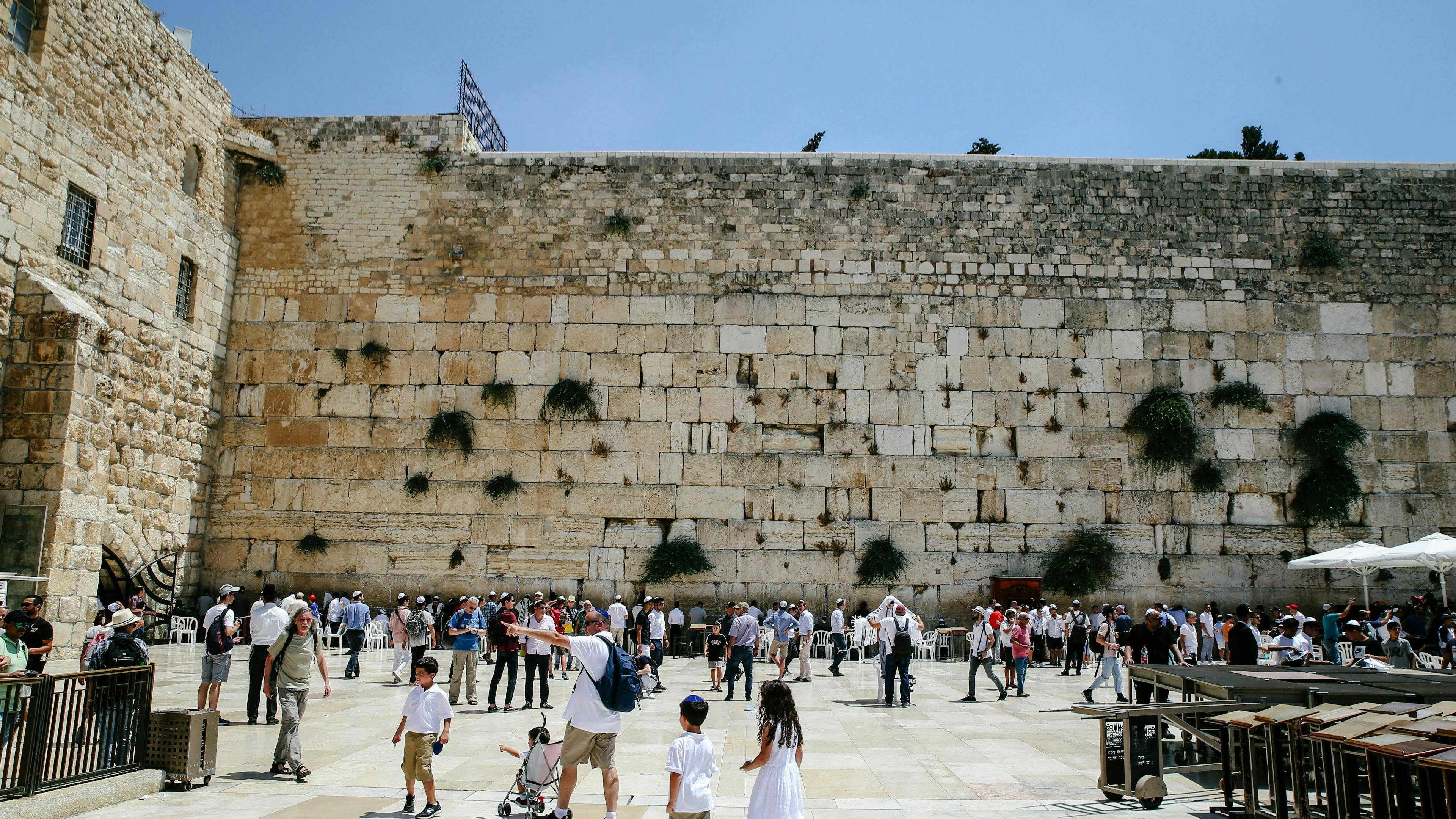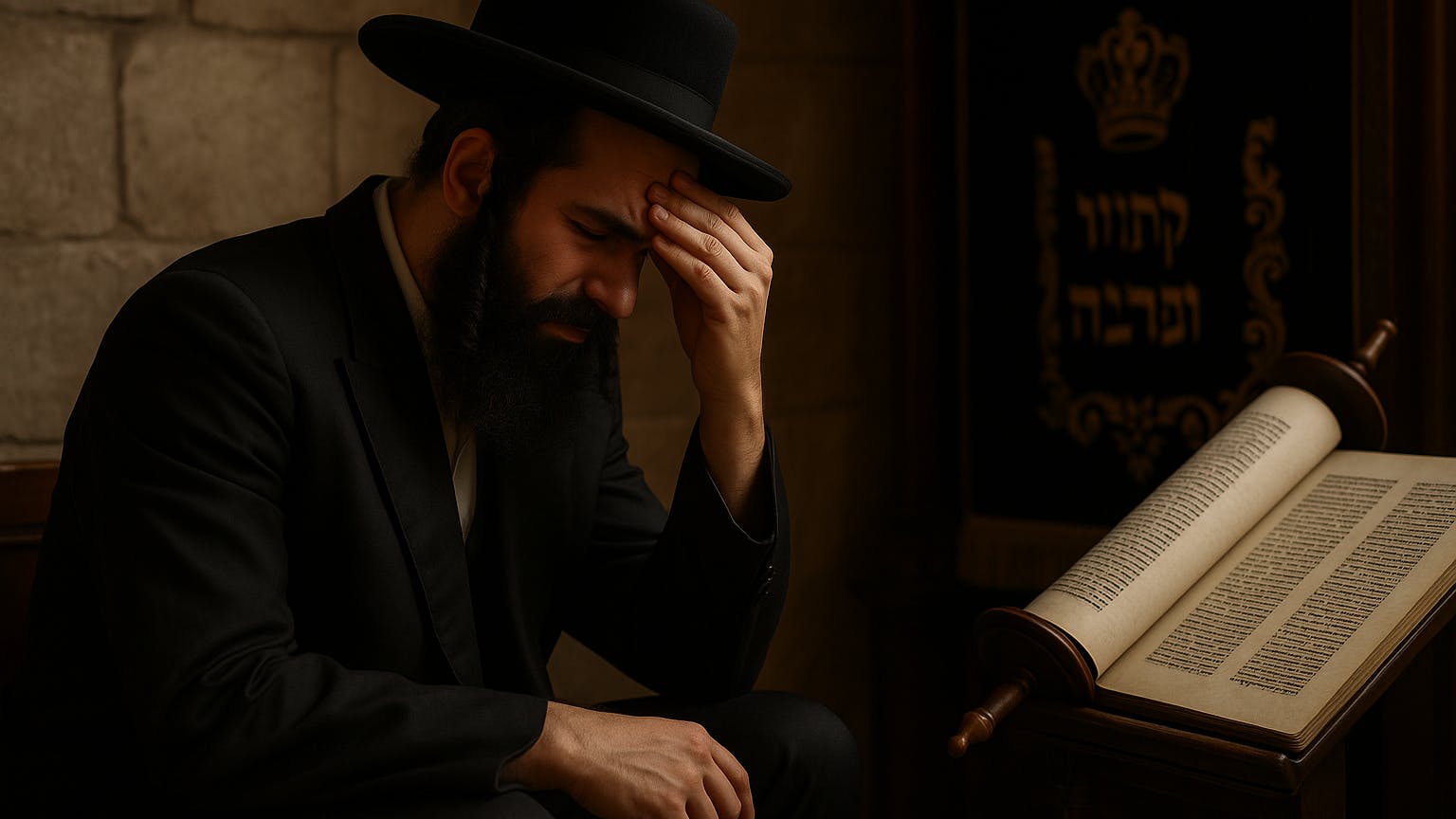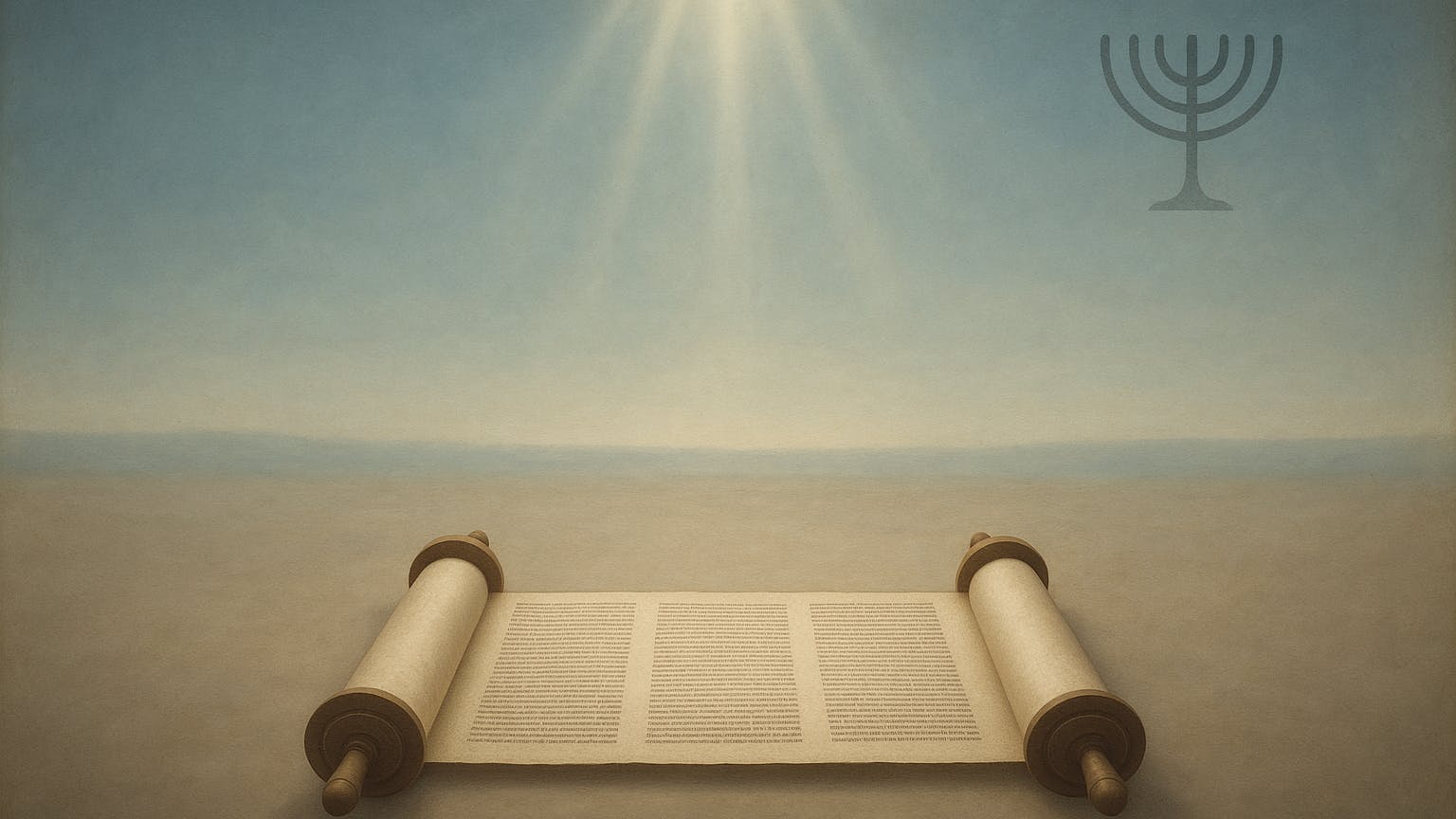If the rabbis teach you something is true, are you compelled to believe it upon their authority? What if I could show you that the Tanakh itself prophesies how the rabbis will wrongly reject the Jewish Messiah? That’s a very hard choice: the Tanakh or the rabbis. What if you had to make it?
Scripture is holy, and is G-d’s word to us. While humans penned the Scriptures physically, G-d the Holy Spirit is the proper author of Scripture. The psalmist was stirred up to praise the L-d in the Psalms by the Holy Spirit. We read of this in
Psalm 45:1
“My heart is inditing a good matter: I speak of the things which I have made touching the king: my tongue is the pen of a ready writer.”
The Spirit speaks to us clearly and plainly, and also uses word imagery to help us understand spiritual truths. Hence the psalmist proclaims in
Psalm 118:22
“The stone which the builders refused is become the head stone of the corner.”
Here we can recognise that picturesque language is being used. So therefore we must ask: who are the builders, what is the stone, and how did it become the cornerstone?
Rashi takes the rejected stone to mean “A people that was humble among the peoples.” (עם שהיו שפל בין האומות). In the previous verse, Rashi takes G-d’s answer to the Psalmist’s prayer as rescuing the Jews from exile (“מן הגלות”). Putting these comments together, Rashi teaches that the Jews were a humble people, rejected by others, whom G-d rescued. As David Kimchi observes in his comments on Psalm 118:1, the rabbis are generally divided on this Psalm, with some taking it to refer to David, and others to the time of Messiah.
But neither David nor Israel-in-exile fit the greater context, of the rejected stone being the cornerstone of the whole building. David was less popular than Absalom during a brief season; yet more popular than Saul at another time.
David had said in
Psalm 16
“For thou wilt not leave my soul in hell; neither wilt thou suffer thine Holy One to see corruption.”
But although David died and was buried, the Messiah that would come from David’s seed would defeat death, and his soul would not be left buried, but rather, he would rise from among the dead to live - G-d having resurrected him.
Likewise, here in Psalm 118, David speaks of one greater than himself. In antiquity, this psalm was recognized by the Jews to refer to their king Messiah, the son of David. When Jesus rode into Jerusalem, the people cried
Matthew 21:9
“Hosanna to the son of David: Blessed is he that cometh in the name of the L-d; Hosanna in the highest”
quoting...
Psalm 118:25-26
“Save now [הוֹשִׁ֘יעָ֥ה], I beseech thee, O L-d: O L-d, I beseech thee, send now prosperity. Blessed be he that cometh in the name of the L-d: we have blessed you out of the house of the L-d.”
With this in mind, we can see that the Jewish people anciently held this psalm to be messianic, and other interpretations are ways to explain away this truth.
Jesus Christ is the rejected cornerstone because the Jewish elders, as the builders of the church (G-d’s people on earth), tried to cast him out from G-d’s covenant, when this very covenant was established upon the Messiah himself. They had Christ put to death, but Christ’s death itself was the very thing that Israel’s religion pointed towards - as an atonement for the sins of his people.
As we read in Isaiah 53 - a chapter not read aloud in synagogue haftarah readings –
Isaiah 53
“He is despised and rejected of men; a man of sorrows, and acquainted with grief: and we hid as it were our faces from him; he was despised, and we esteemed him not. Surely he hath borne our griefs, and carried our sorrows: yet we did esteem him stricken, smitten of G-d, and afflicted. But he was wounded for our transgressions, he was bruised for our iniquities: the chastisement of our peace was upon him; and with his stripes we are healed.”
Jesus was rejected and despised - not only by common men, but especially by the Jewish religious leadership of his day. And sadly, this opposition to Christ has continued down to our day, via traditions passed down through the generations. How amazing that G-d told us this would happen in his word! As we read in Isaiah, there is none like the L-d,
Isaiah 46:10
“Declaring the end from the beginning, and from ancient times the things that are not yet done, saying, My counsel shall stand, and I will do all my pleasure:”
On Judgment Day, when G-d judges all men according to his Moral Law as set down in his Word, and summed up by the Ten Commandments, Christ Jesus’ righteousness will be men’s only hope - if they have trusted in him. And we should trust in Jesus Christ, who fulfilled the prophecies of Scripture concerning Messiah.
And on that Judgment Day, “My rabbis didn’t believe in Jesus so I didn’t” will be no excuse, as G-d himself has told us that the builders would reject Messiah the cornerstone.
But make sure you don’t make the same error as the rabbis have. Instead, repent and trust in him today. If you do so, you will have the true faith of the psalmist, and not the mistaken opinions of the rabbis.
Rashi references: https://www.chabad.org/library/bible_cdo/aid/16339/showrashi/true/jewish/Chapter-118.htm#lt=both
Kimchi reference: Radak on Psalms 118:1 (sefaria.org)
Kimchi also discusses the possible application to the Messiah in verse 4: "ואם על ימות המשיח נאמר המזמור אמר כנגד כל האומות הודו לה"
More Topics
You might alsoo be interested in these topics.




